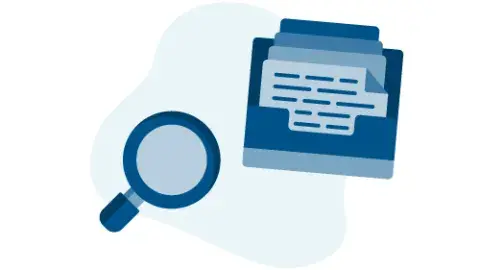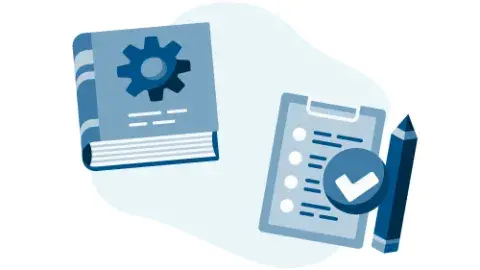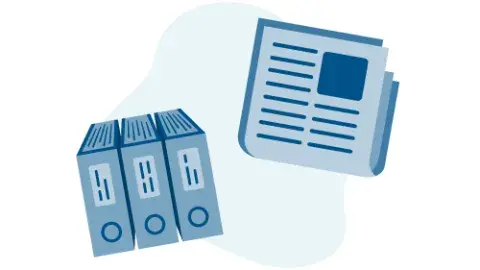The Publication Library contains guidance and policy papers, reports, strategies, program regulations, guidelines, brochures and more.
To search the DHS Publications Library, please enter search terms below.
-
DHS Departmental FOIA Backlog Reduction Plan: 2020 - 2023
The DHS 2020 - 2023 FOIA Backlog Reduction Plan includes five goals that lay out a sustainable course for containing and reducing the age of the backlog in the short-term, and sustainably lowering the size of the backlog over the next three to five years. To achieve success, the plan addresses the underlying causes of the backlog – including decentralization, technology and interoperability limitations, and staffing and resource constraints.
-
2018 Sustainability Report and Implementation Plan
The DHS Sustainability Report and Implementation Plan (Sustainability Plan) reflects the Department’s strategic vision for doing business more efficiently and sustainable.
-
Expert Recommendations Memo for Onsite Investigation at Cibola County Correctional Facility in Milan, New Mexico
CRCL conducted an investigation into conditions of detention for U.S. Immigration and Customs Enforcement (ICE) detainees at the Cibola County Correctional Center in Milan, New Mexico. The onsite investigation occurred on August 13-15, 2019 in response to allegations received concerning civil rights and civil liberties violations of medical and mental health care, conditions of detention, and environmental health and safety at the facility. Additionally, CRCL reviewed violations that impacted detainees housed in the facility's dedicated transgender housing unit.
-
2018 OMB Scorecard
Many of the DHS goals are tracked on the OMB DHS Scorecard for Efficient Federal Operations and Management.
-
ST Opioid/Fentanyl Detection Fact Sheet
S&T has established a program in collaboration with U.S. Customs and Border Protection to deliver improved drug detection capabilities.
-
ST-Best Practices for Detection Canine Training & Testing
The Best Practices for Detection Canine Training & Testing booklet is provided to share science-backed concepts and ideas that are proven to improve the quality and rigor of detection canine training and testing.
-
TMAC
Provides advice on aspects of flood risk mapping standards and procedures.
-
DHS/S&T/PIA-039 Genomic Data Network and Analysis (GDNA)
The National Biodefense Analysis and Countermeasures Center (NBACC) is a federally funded research and development center (FFRDC) laboratory sponsored by the U.S. Department of Homeland Security’s (DHS) Science & Technology Directorate (S&T). NBACC’s National Bioforensic Analysis Center (NBFAC) created the Genomic Data Network and Analysis (GDNA) system to analyze bioforensic data for unclassified law enforcement casework and forensic capability development projects. NBACC uses the GDNA system to analyze the deoxyribonucleic acid (DNA) sequences of bacteria, viruses, plants, and non-human animals. S&T is conducting this Privacy Impact Assessment (PIA) because GDNA also will process human DNA for casework, as part of ongoing human forensics capability development projects, and for quality assurance purposes. This PIA identifies and assesses the potential privacy risks posed by the collection, use, handling, storage, retention, and disposal of human DNA by NBFAC and the GDNA system and the mitigations necessary to address the identified privacy risks.
-
ST-C-UAS Technology Guide
This Counter-Unmanned Aircraft Systems (C-UAS) Technology Guide is intended to educate the national first responder community on C-UAS technology.
-
Acceptance of Electronically Submitted Copies of Source Documents
On February 19, 2020, DHS sent letters to the governors of all 50 states regarding the REAL ID program. The letters pertain to States’ ability to accept electronically submitted copies of source documents, with certain restrictions in advance of an in-person DMV visit. The attachments to this page reflect the two main templates used in the letters.




